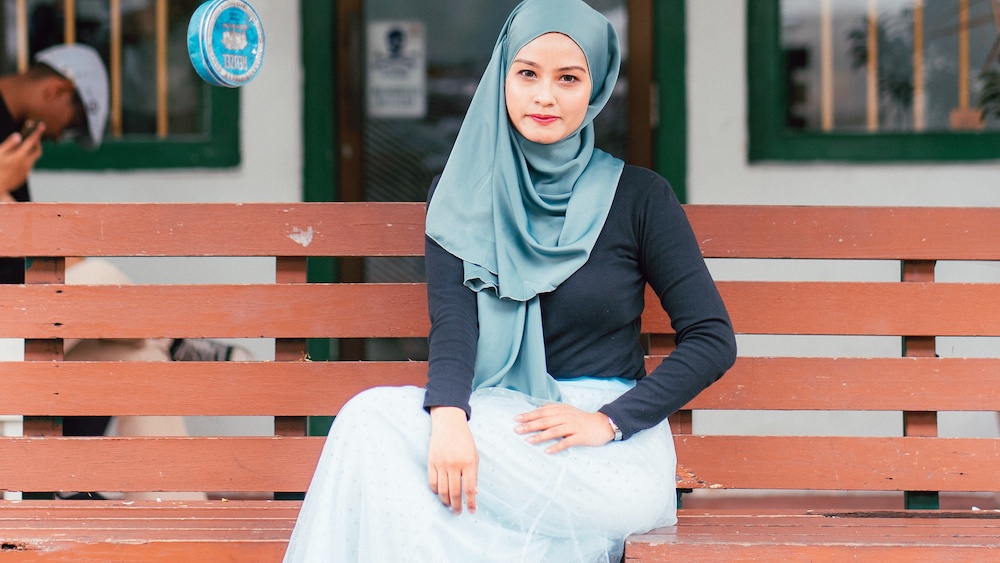One of the major Islamic holidays, Eid al-Adha, is celebrated through animal sacrifice. But some vegans are giving the holiday an ethical makeover.
What is Eid al-Adha?
Known as the “Festival of Sacrifice,” it honors the willingness of Ibrahim to sacrifice his only son. It is an act of obedience before God. On this day, some members of the Muslim faith choose an animal—typically sheep, goats, cattle, or camels—for “Qurbani,” the act of sacrifice. The sacrifice is used to represent how God delivered Ibrahim a ram to offer in place of his son.
The sacrificed offering is divided into three parts: One is given to the needy, the second is shared with friends and neighbors, and the remainder is kept by the family.

Practicing Vegan Qurbani
Several vegan Muslims from around the world spoke to The Daily Vox, an independent South African news site that uplifts voices of the younger generation, about how they practice cruelty-free Qurbani.
Anissa Buzhu is a 27-year-old Muslim living in The Netherlands. She says that Qurbani is less about animal sacrifice and more about “reflecting on yourself and serving God by serving people.”
“Helping others, I perceive as something you can do without animal products. Because, by that, we help our planet – which I consider to be the first revelation and God’s creation. These are all aspects Islam teaches us,” she said, adding that today’s factory farms are vastly different from the practice of using animals for food in ancient times.
31-year-old Reslane Khassouni from France agrees that Qurbani is about obedience before God: “On Eid-al-Adha, I wake up early, pray the Eid prayer, and pray the five mandatory prayers throughout the day. Sometimes I give money to charity organisations. I share also the dinner with my family.”
While many reported resistance from family and community members, Baya Tellai, a resident of Algeria, says that she and her sister, who is also a vegan, had an honest conversation with their parents about ethics. The family now shares a plant-based meal for the holiday instead while discussing its teachings.


